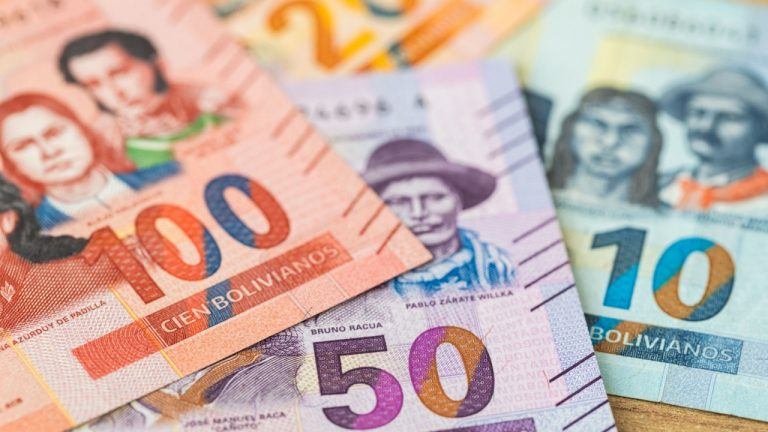
The Central Bank of Bolivia is making strides towards the development of a digital currency named the "virtual boliviano" to enhance international settlements. Edwin Rojas Ulo, the President of the Central Bank of Bolivia, revealed the institution's ongoing consultations with international organizations to craft this innovative currency. The launch of this digital currency reflects Bolivia's commitment to embracing technological advancements and staying current in the global financial landscape.
The decision to create the virtual boliviano comes as a response to the growing demand for digital payment solutions worldwide. The digital currency is expected to streamline international settlements, making cross-border transactions more efficient and cost-effective. By leveraging blockchain technology and other cutting-edge innovations, the Central Bank of Bolivia aims to provide a secure and reliable platform for conducting global financial transactions.
The introduction of the virtual boliviano also signals Bolivia's recognition of the transformative potential of digital currencies. As the world increasingly adopts digital payment systems, traditional financial institutions are under pressure to modernize and adapt to the changing landscape. By embracing digital currencies, the Central Bank of Bolivia is positioning itself as a forward-thinking institution that is ready to meet the evolving needs of the modern economy.
In addition to facilitating international settlements, the virtual boliviano is expected to drive financial inclusion within Bolivia. By providing a digital currency that is accessible to a wider population, the Central Bank aims to empower individuals and businesses with greater financial freedom and flexibility. This move towards digital currency adoption aligns with global trends towards cashless economies and digital financial services.
The Central Bank of Bolivia's initiative to launch the virtual boliviano also highlights the country's commitment to innovation and economic development. By embracing digital currencies, Bolivia is positioning itself as a leader in the fintech industry and demonstrating its willingness to embrace new technologies to drive economic growth. The virtual boliviano has the potential to attract foreign investment, foster economic partnerships, and enhance Bolivia's standing in the global financial community.
As the Central Bank of Bolivia continues to collaborate with international organizations to refine the design and implementation of the virtual boliviano, the digital currency is poised to revolutionize the way financial transactions are conducted in Bolivia and beyond. With its focus on enhancing international settlements and promoting financial inclusion, the virtual boliviano represents a significant step towards a more interconnected and technologically advanced financial ecosystem.

Leave a Reply